Abraham shows us what is truly important in this week’s TableTalk.
In this week’s Torah reading, we read about Abraham’s most-trusted slave being given the all-important task of finding a wife – the next matriarch – for Isaac. After all the trust that Abraham had in this servant, who was the ruler of all Abraham owned (see 24:2), Abraham now makes him take an oath that he’ll return home to find a wife. He must not take from the idol-worshipping neighbors in Canaan.
How can Abraham trust his servant with everything and yet, here, when it comes time to find a wife for Isaac, he makes him take an oath? Abraham never made him take an oath about anything related to all the money and possessions he had in his care! And if he’s the one being trusted with finding “the perfect woman,” must he then be forced to take an oath?
What do you think?
We learn from here that when it came to something important, Abraham’s servant needed to swear in order to be trusted – and what constitutes an important mission, if not being CFO of Abraham’s wealth?
The continuation of the Jewish People! Who would be the next matriarch! This was a priority for Abraham, so Abraham’s servant had to take an oath. Even though this was the man whom Avraham believed might take over his household (see 15:2), still this was just too important a matter!
Which one would seem more serious/important to you? A material/financial concern or a religious/spiritual one? How might you show the importance or precedence of one over the other?
What have you prioritized today and how did you show that you cared deeply?
List some of your values and prioritize them. How does your list and prioritization compare/contrast with other people’s list? (This should make some interesting table talk!)
Bracha Krohn, mom to an 11-year old boy, 7-year old girl and 5-year old boy, made aliyah to Efrat, Israel from Cleveland, Ohio in Summer 2008, with her husband Adi. She is Director of Guidance and faculty member at Midreshet Moriah in Jerusalem, a one year post-high school program for young women, and she teaches weekly for the Women’s Beit Midrash of Gush Etzion. Her family spends the summers in camp where she teaches daily classes for camp staff. “Table Talk” is based on the ideas she and her husband, also a Torah educator, discuss with their children around their weekly Shabbat table.

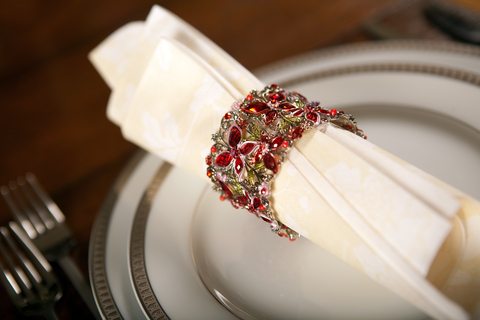

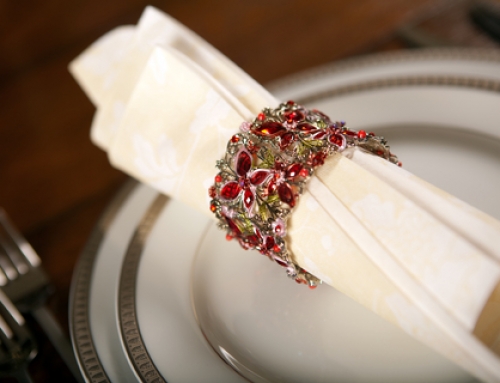
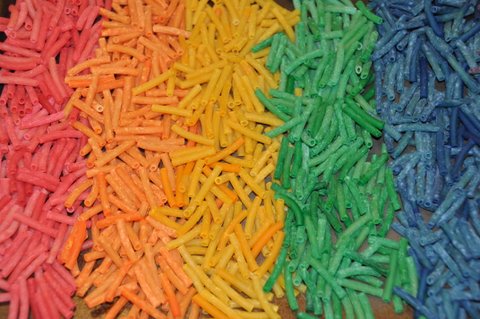
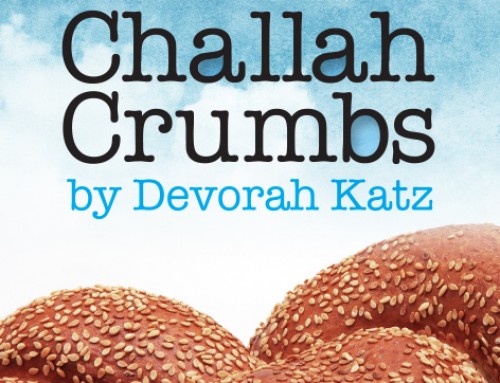
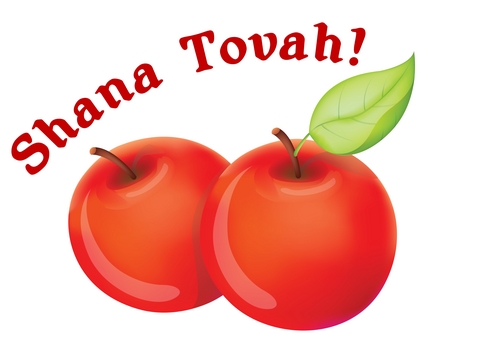
Leave A Comment